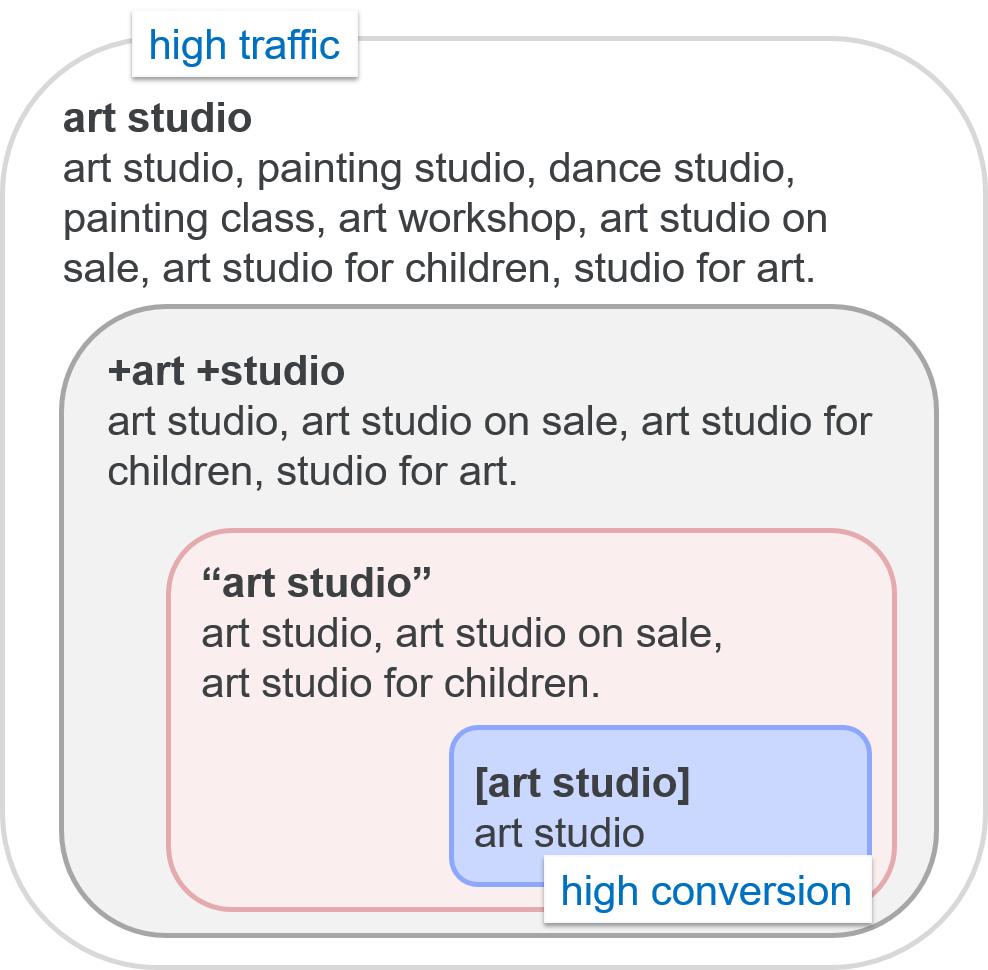
Exhibit 27.15 Google’s keyword matching types.

Exhibit 27.16 Google’s keyword matching types progressively filter the matched
searches.
Exhibit 27.15 shows the four match types that
determine what searches on Google can trigger an ad. A broad match triggers the ad for searches
that broadly match the keyword, including misspellings, synonyms, related searches, and relevant
variations, allowing the ad to reach a wide audience. On the other hand, an exact match hones in
on the exact keyword, substantially narrowing down searches and audience. As seen in Exhibit
27.16, each level progressively filters the matched searches.
Google also supports negative keywords, which prevent ads from being triggered by a
certain word or phrase. For example, an ad for Dove body wash could use “−shampoo” if the brand
manager does not want the ad to appear for “Dove shampoo” searches.
Keyword matching helps marketers direct their ads to the desired target customers.
Broad matches attract high traffic, whereas phrase and exact matches generate higher conversion. To
refine keywords, advertisers should start with broad keywords and repeatedly refine them with
modifiers, phrase matches, and exact keywords. This not only helps advertisers but also benefits
users by filtering out irrelevant ads, improving their experience.
It is worth noting that Google rates phrase matches and exact keywords higher on ad
quality than broad keywords, further enhancing ad performance.